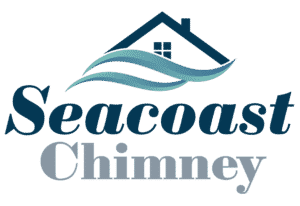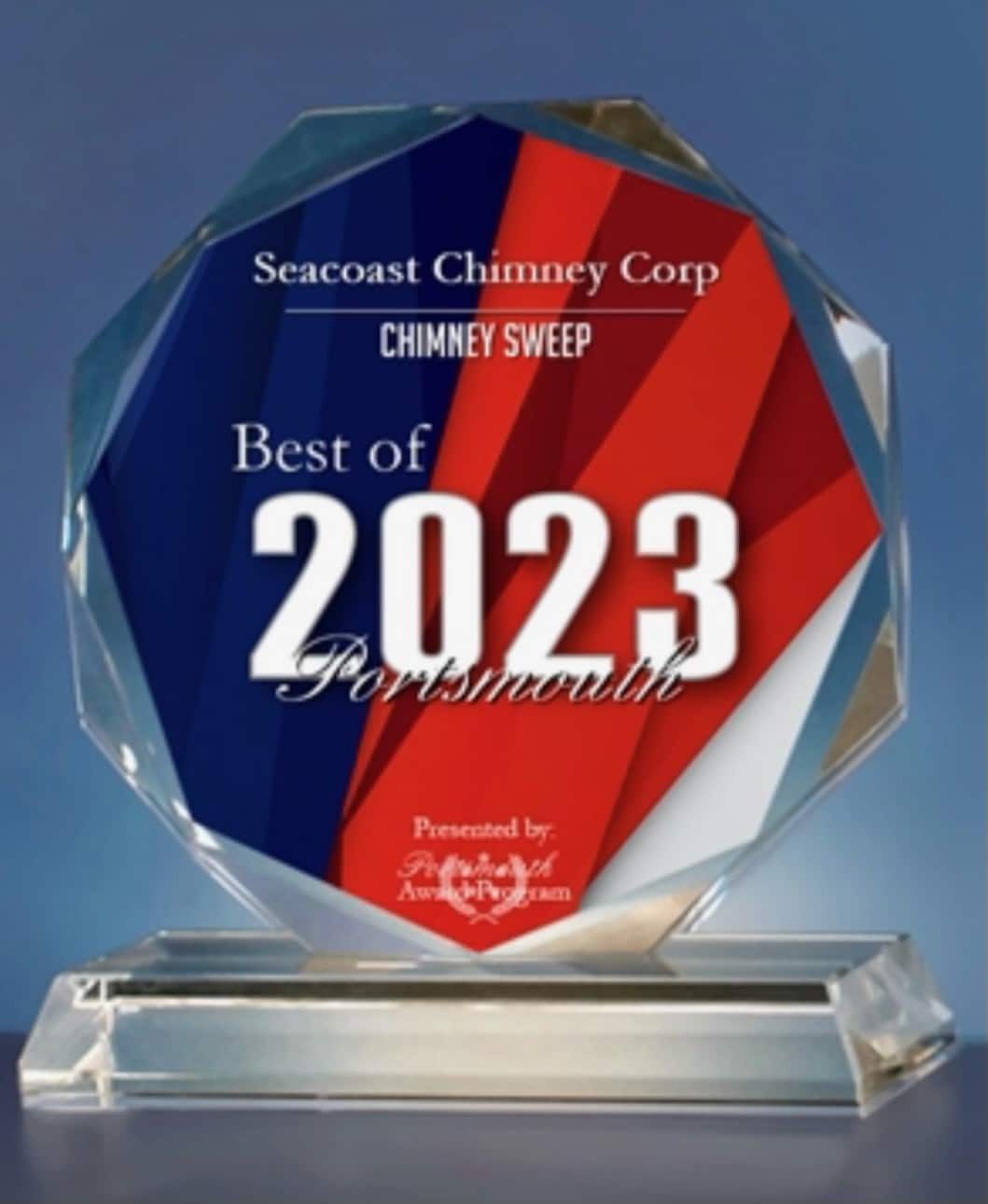FAQ’s
The National Fire Protection Association states “Chimney and flues SHALL be inspected on an annual basis and cleaned when necessary.” An annual evaluation will allow you to know when service is necessary and also will prevent other problems such as deterioration due to water damage, rusted parts, etc., from creeping up on you.
Water is the biggest enemy of chimneys. Freeze-thaw cycles that we experience in this part of the country cause the water absorbed by the porous masonry to expand and contract continuously, causing rapid destruction. A chimney cap will keep much of the water off the chimney top and out of the flue. Additionally, it will serve as a guard to keep critters out of the chimney. If you’ve ever had a sooty squirrel running around the living room, you will wish you had a cap!
Good question. The job of the chimney is to vent the products of combustion. In particular, wood burning appliances leave creosote, a highly flammable by product of burning, in the chimney system, often accumulating on the insides of the chimney. This material can easily catch fire, causing damage to the chimney lining and sometimes the structure of the house. Additionally, carbon monoxide is produced by burning petroleum products in your chimney. It is very important to insure that these passages are clean, clear and in good condition.
The chimney flue is the passageway for toxic gases to escape out of your home. Cracks, holes or obstructions in the flue can cause dangerous carbon monoxide fumes, or soot, to leak into your home. This is why the National Fire Protection Association recommends that oil and gas furnace flues are inspected yearly to insure proper venting and to check and see that there is no obstruction in the flue.
An adjacent laundry room can emit vapors from chlorine or cleaning products which can enter the chimney through the furnace combustion chamber, draft hood or the draft regulator on the smoke pipe. A nearby workshop can also emit vapors from solvents which can be drawn up into the chimney liner. The corrosive properties from oil furnaces can lead to spalling, or flaking away of the liner. Additionally, the high volume of water in gas heat exhaust increases deterioration.
We recommend cleaning in the spring and summer, near the end of the burning season. This will help reduce creosote odors through the humid periods of summer and will ensure that you are ready to go when fall arrives. Early detection of potential problems will also allow you plenty of time for repairs.
Member of the...







